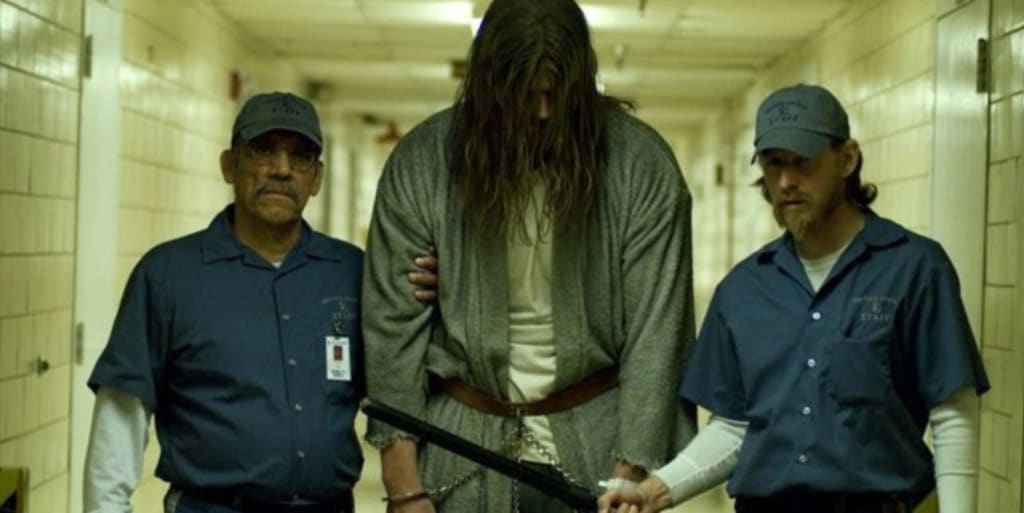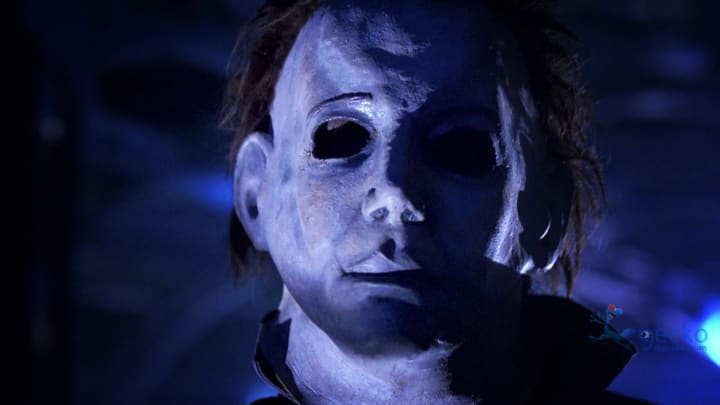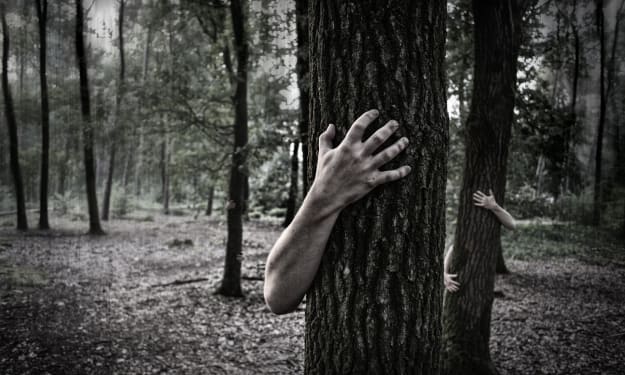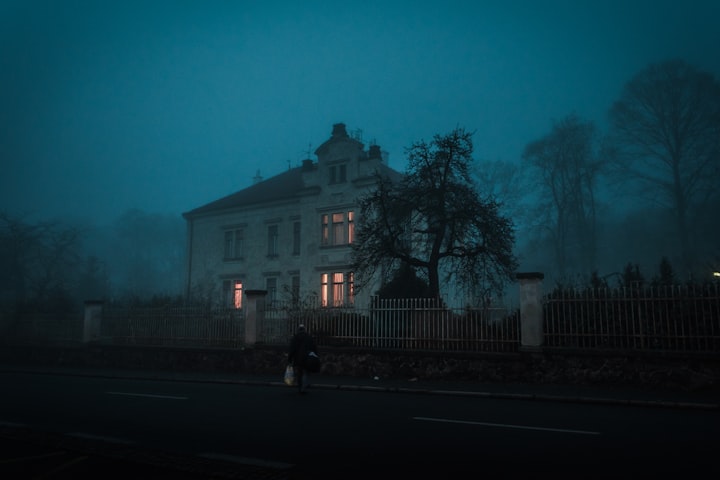The Real Reason Rob Zombie's 'Halloween' Reboot Failed
An Update That Drove a Stake Through the Film's Heart

I found myself in a rather unique position last month. Because while I'm a fan of slasher movies, I'd never actually seen any installment of the original Halloween series other than the first movie. That meant when Halloween 2018 showed up in my local theater as a direct sequel to John Carpenter's original film, I didn't have an entire series worth of continuity to forget in order to enjoy what was right in front of me.
Did I like it? I did, and if you want to know why I wrote a whole separate piece titled Halloween 2018: The Return of a Legend? for The Dead Walk.
Another odd factoid about me was that my first exposure to Michael Myers as a character was through Rob Zombie's reboot films. I've always been a solid member of Team Voorhees (to the point that I own and wear a chrome Jason ring), and Zombie's version of Michael was closer to what I liked in a slasher. With Tyler Mane under the mask we got a more imposing Michael, who was more physically brutal with his kills. Not only that, but we got to see the environment that young Michael grew up in, and so we understand to some extent the perfect storm that came together in order to make such a brutal killer.
Chewing over the new film, though, I think that change might have been the very reason why Zombie's version just doesn't have the same magic as the original, and its 2018 offspring.
And for those out there who can't get enough masked men in their lives, check out 5 Famous Slashers (And Their Real-Life Counterparts) in my Horror archive. Or for everything I've put here, take a look at my full Vocal list!
Michael cannot (and should not) be understood.

When the original film came out in the 1970s, we didn't understand what made serial killers tic. They were bizarre aberrations, to be feared and locked away when they were caught. But after Halloween's release, we began to see a culture-wide obsession with serial killers. The FBI established behavioral science programs to catalog and understand why these people did what they did, and to try to use that data to profile other serial killers. In the world of fiction we saw characters like Hannibal Lecter grow to huge levels of popularity, which eventually led to more and more serial killers showing up all over the place. The culmination of this trend was in characters like Dexter, where we saw the serial killer as not just a protagonist, but the out-and-out hero of the piece.
Which brings us to Rob Zombie's take on Halloween, and what made it just another film instead of a classic.
In the original film, we open with Michael's act. We show a normal-looking boy from a seemingly normal family who just committed a heinous act for no adequately explained reason. Not only that, but once the knife's come out, Michael ceases to speak. He closes himself off, and leaves humanity behind.
Zombie went a different way.
We open with young Michael displaying traditional warning signs that he might be a serial killer; specifically that he's harming animals. In addition to that classic red flag, though, we see that he's subjected to abuse from a father figure, that he's bullied in school, and neglected by his older sister. Only his mother has affection for him. We see Michael kill one of his bullies with a tree branch (or at the very least do him serious damage), and then that night his trick-or-treating is cancelled. This is the straw that broke the camel's back, and he vents his wrath upon those in the household.
Once he's been taken to the institution we see Michael slowly retreat from the real world, pulling into himself. Fast-forward through the years, and the next time we see him he's in his room in a mental ward making paper masks and not bothering anyone. It's only when two orderlies break into his room while trying to molest a female patient that Michael is stirred from his inert state, and he begins to kill again.
What this setup does is show us that Michael is a person under the mask. It makes him seem vulnerable and relatable, and it makes him seem more like a victim of his circumstances (at least partially). It also provides motivation for why he's doing what he's doing.
All of those are missteps.
The return to form with the 2018 release shows that what makes Michael's original template so effective is that he is as simple as he is unknowable. He doesn't speak, and hasn't for most of his life. He reacts to no one, and nothing. He has no motivation, he has no pattern, and nothing about him can be understood. He is, as Dr. Loomis told us, evil. A pure rampant, unstoppable force of nature who can be contained, but only for a time. By making him more of a character, and by applying the logic of behavioral science to him, Zombie lost the thread of what made Michael special in the first place.
The Horror of the Unknown

The monster is always scarier the less you see of them. It's a rule of horror that has been the saving grace of productions with small budgets. This applies to more than just their physical presence onscreen, though, because monsters are also scarier the less you know about them.
Think of any movie you've seen, and any creature that was in it. As soon as the exposition character came on to give you the rules about the threat, it became a known, quantifiable thing. Once you know a vampire has to be invited in, or you know that the djinni can only use its power if someone makes a wish, it takes away some of that mystery. You remove enough of that mystery, and all your fear of the thing ebbs away.
You can argue day in and day out about Zombie's choices in tone, the grungy aesthetic, how he can't seem to get realistic dialogue for anyone who lives in Suburbia, or the comparative fun of his version of the film. But his take on Michael is most definitely a product of the more modern era of slashers, where the people behind the masks are still people in some sense. And for Michael Myers, that takes away the essence of what made him so unique in the first place.
About the Creator
Neal Litherland
Neal Litherland is an author, freelance blogger, and RPG designer. A regular on the Chicago convention circuit, he works in a variety of genres.
Blog: Improved Initiative and The Literary Mercenary






Comments (1)
Just discovered this article through an old Reddit link. Interesting take on the film. I'll have to take another look at both versions side-by-side again this fall. Great piece!